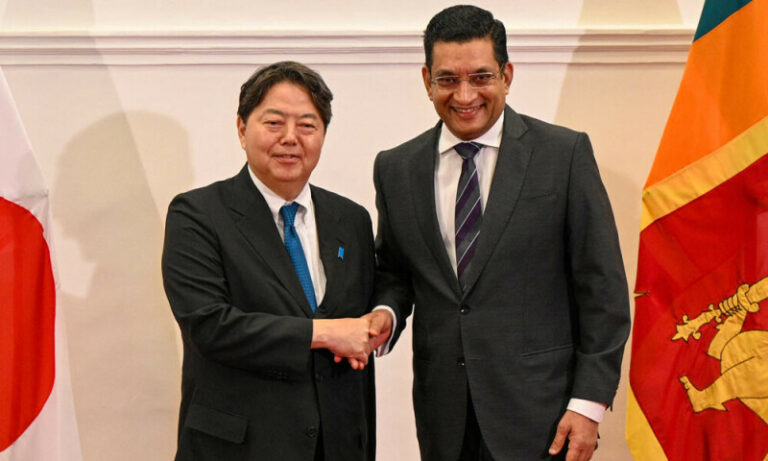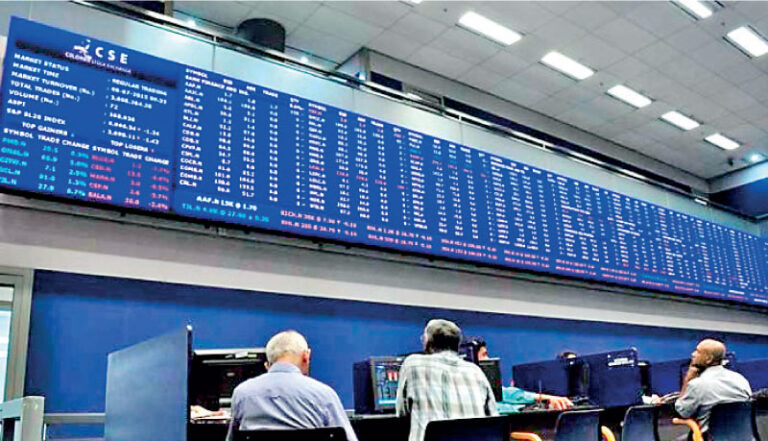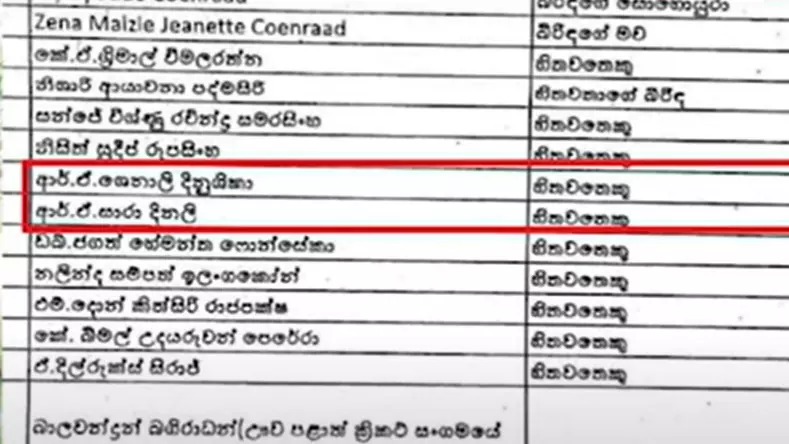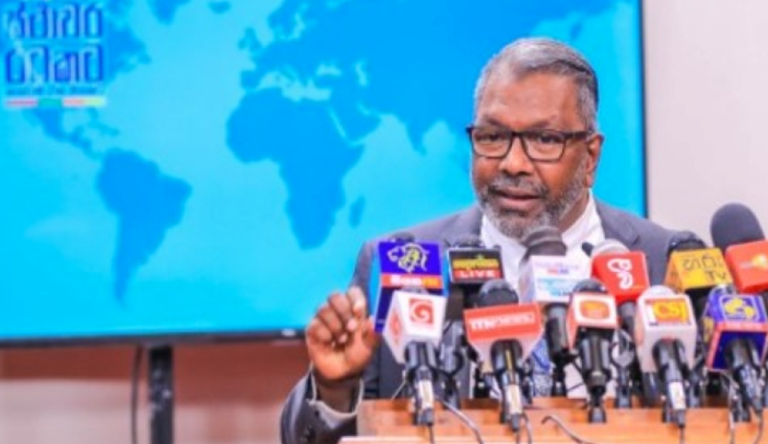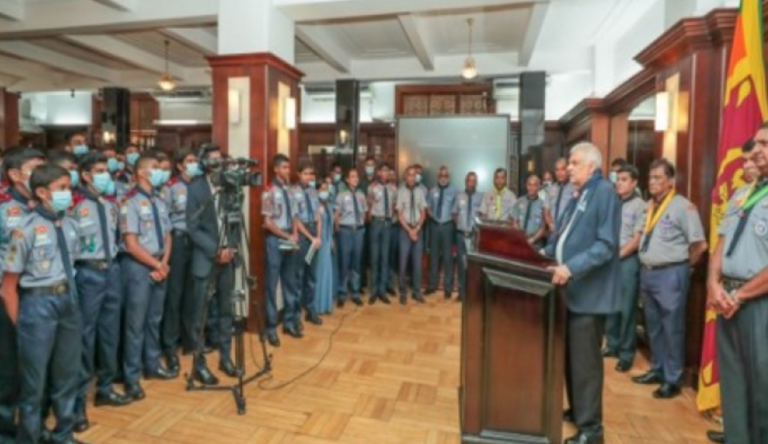By: Staff Writer
Colombo (LNW): Sri Lanka was looking to explore new areas of cooperation with Egypt as the countries sought to take bilateral relations to ‘the next level,’ a top foreign ministry official said on Thursday.
To prepare the ground for revisiting existing agreements and consolidating ties, the two nations held consultations in Colombo last week, with Sri Lanka’s State Minister of Foreign Affairs Tharaka Balasuriya and Egypt’s Assistant Minister for Asian Affairs Ayman Kamel co-chairing the sessions.
Mohammed Jauhar, additional secretary for Africa at the Sri Lankan Ministry of Foreign Affairs, said there were “many unexplored areas of cooperation” between the countries and those discussed during the consultations included judicial and legal matters, maritime transport, youth and sports, defense, and cooperation in the apparel industry.
“We have a longstanding bilateral relationship between the two countries, and we could take them to new heights if we are able to implement the proposals made at the recent bilateral talks in Colombo,” he said.
“Relations are to be elevated to the next level in all areas, including in economic and trade cooperation.”
Sri Lanka and Egypt have also discussed working together on global issues such as climate change, food security, and debt restructuring.
“State minister Balasuriya emphasized the importance of deepening the engagement in political and economic cooperation and in the cultural sphere,” the Sri Lankan Ministry of Foreign Affairs said in a statement.
Egypt was the first Arab country to open an embassy in Sri Lanka in 1957, and relations between the two nations flourished in the 1950s and 1960s, when both were involved in the Non-Aligned Movement.
The second session of bilateral consultations between the Foreign Ministries of Sri Lanka and Egypt concluded successfully in Colombo on 19 July 2023.
The consultations focused on a range of areas of bilateral cooperation including economic and trade cooperation, the current economic recovery process, investment and tourism promotion, people-to-people exchanges, and multilateral cooperation.
The two sides agreed to enter into agreements in new areas of cooperation and to revisit the existing agreements with a view to consolidating collaboration in the respective areas.
State Minister Balasuriya emphasized the importance of deepening the engagement in political and economic cooperation and in the cultural sphere.
Assistant Minister Ayman Kamel also stressed the importance of business to business contact and revitalizing the business council. The Egyptian side acknowledged the growing investments by Sri Lankan companies in Egypt.
The two sides reaffirmed mutual interest in continuing to work closely in multilateral fora including on global issues such as climate change issues, food security and debt restructuring.
Underscoring the significance of the 65th anniversary of diplomatic relations between Egypt and Sri Lanka, both countries expressed interest in celebrating the occasion.



